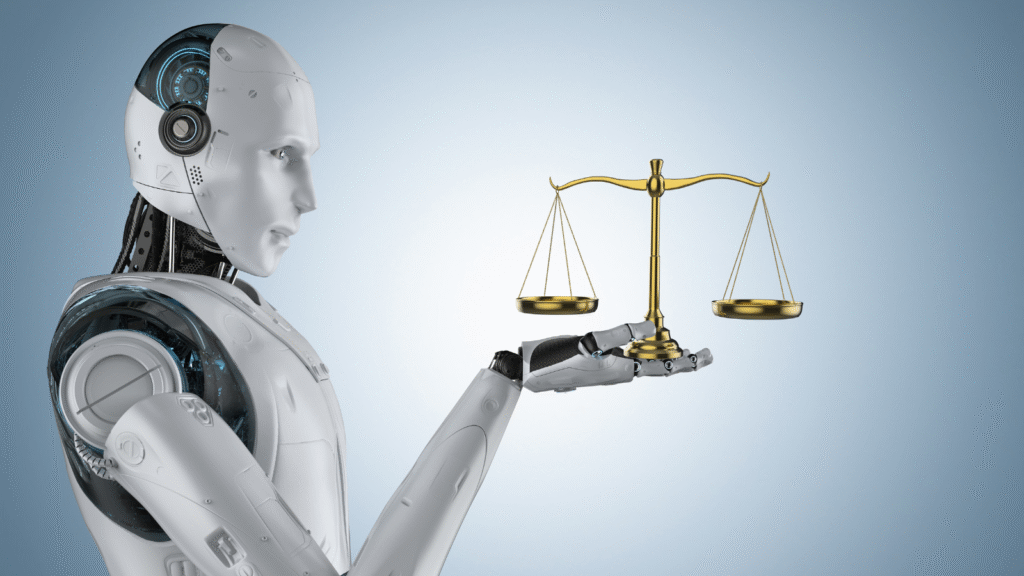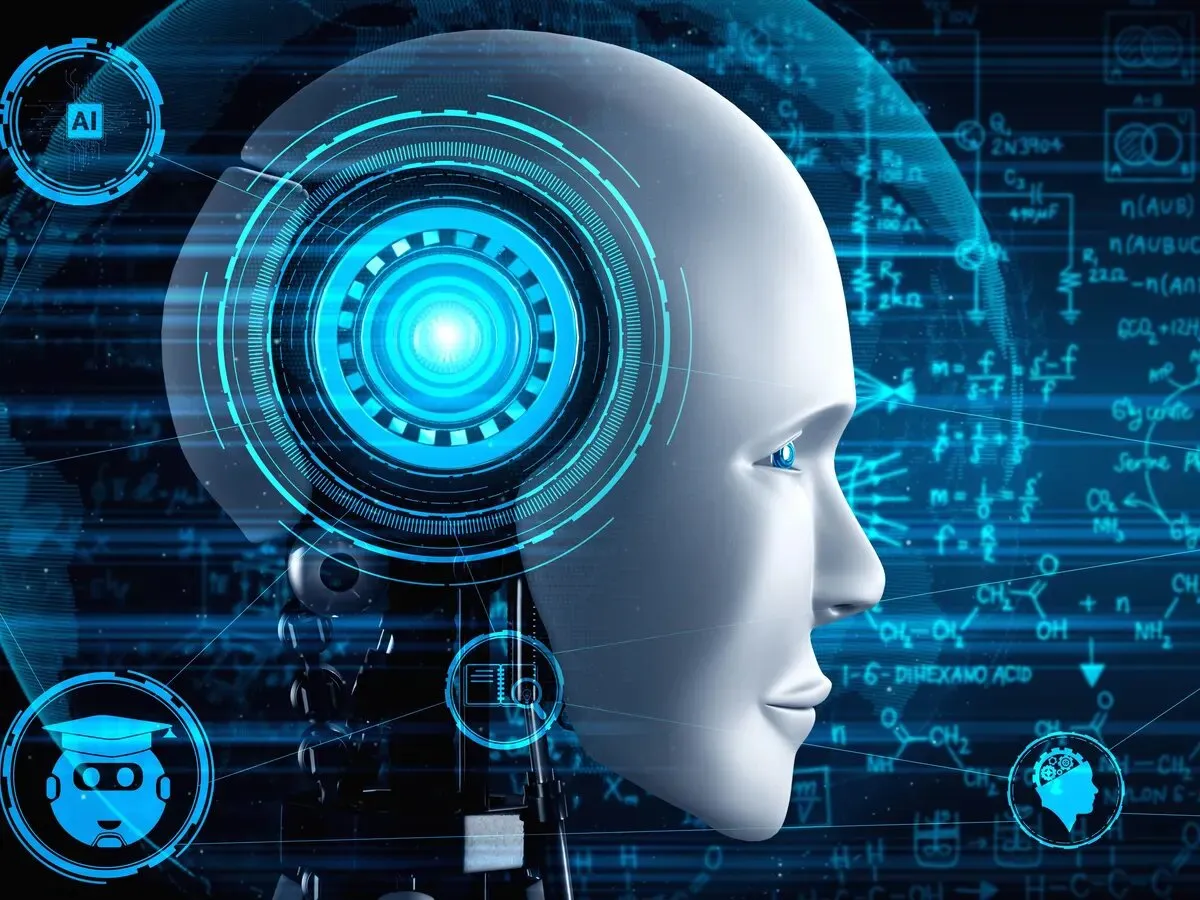The use of AI in predictive policing is transforming how law enforcement predicts and prevents crime. As artificial intelligence increasingly plays a role in law enforcement, understanding the risks and rewards of AI in predictive policing is essential for criminal defense lawyers. AI algorithms analyze vast amounts of data to predict where and when crimes are likely to happen, who might be involved, and even what types of crimes might occur. This makes it crucial for defense attorneys to stay informed and ready to address both the risks and rewards of AI in predictive policing in their cases.
In this blog, we explore the 7 key risks and rewards of AI in predictive policing every criminal defense lawyer should be aware of.
Table of Contents
1. Reward: Enhanced Crime Prevention with AI
One of the biggest rewards of AI in predictive policing is its ability to help prevent crime before it happens. AI tools analyze data from past crimes and identify patterns that indicate where crimes are likely to occur. By using these predictions, law enforcement can focus resources on high-risk areas and reduce crime rates.
For instance, cities like Los Angeles have used AI to predict and prevent criminal activities, particularly in high-crime neighborhoods. While predictive policing has its rewards, criminal defense attorneys must ensure that the risks and rewards of AI in predictive policing don’t unfairly target individuals based on flawed predictions.
2. Risk: Bias in AI Algorithms
One of the most significant risks of AI in predictive policing is the potential for bias. AI systems often use historical crime data, which can reflect existing racial and socioeconomic disparities. As a result, the risks and rewards of AI in predictive policing might inadvertently lead to biased predictions, disproportionately targeting minority communities or low-income neighborhoods.
Studies have shown that AI systems can perpetuate racial profiling, which raises serious concerns for criminal defense lawyers who must ensure that their clients aren’t unfairly impacted by these biases. Lawyers need to be aware of how predictive algorithms work to challenge biased data in court.
3. Reward: Data-Driven Decision Making
AI allows for data-driven decision-making, which can improve the accuracy and efficiency of police work. Predictive policing tools analyze vast amounts of crime data, social media, and other sources to provide law enforcement with valuable insights. This can help police officers make more informed decisions about where to allocate resources and how to respond to potential threats.

For criminal defense lawyers, this can be a double-edged sword. While AI-driven predictions can provide valuable insights, the risks and rewards of AI in predictive policing must be weighed carefully. Defense attorneys can leverage AI’s ability to analyze large datasets to challenge police decisions, ensuring that their clients’ rights are not violated.
4. Risk: Lack of Transparency in AI Systems
Another significant risk associated with the risks and rewards of AI in predictive policing is the lack of transparency in AI systems. Many AI algorithms used by law enforcement operate as “black boxes,” meaning their decision-making processes are not easily understood. This lack of transparency makes it difficult for criminal defense lawyers to challenge the validity of AI-generated predictions.
Without clear insight into how AI systems arrive at their conclusions, defense attorneys may find it challenging to dispute the evidence presented in court. This is a critical issue for anyone relying on AI in predictive policing to make decisions about arrests or criminal charges.
5. Reward: Strengthening Criminal Defense Strategies
One of the rewards of AI in predictive policing is that it can help criminal defense lawyers identify weaknesses in the prosecution’s case. By analyzing data and patterns, lawyers can uncover discrepancies in police reports, spot inconsistencies in witness testimony, or identify errors in investigative procedures.
With AI-powered tools, defense attorneys can gain a deeper understanding of the case and formulate more effective legal strategies. This is an example of how the risks and rewards of AI in predictive policing can benefit both law enforcement and defense attorneys when used appropriately.

6. Risk: Over-Reliance on AI Systems
A critical risk of AI in predictive policing is the potential for over-reliance on these tools. While AI systems can analyze vast amounts of data, they are not infallible. If law enforcement depends too heavily on AI predictions, there is a risk of overlooking human judgment or other critical evidence.
For example, predictive algorithms may falsely flag individuals as potential offenders based solely on past data, without considering the full context of the situation. This is one of the risks and rewards of AI in predictive policing that criminal defense lawyers need to stay vigilant about, ensuring that AI predictions are not the sole basis for decisions regarding their clients.
7. Reward: More Efficient Resource Allocation
AI-driven predictive policing tools can lead to more efficient resource allocation in law enforcement. By identifying high-risk areas and prioritizing crimes that are likely to occur, police can use their time and resources more effectively, ultimately improving public safety.
For criminal defense attorneys, this is an opportunity to ensure that clients are not unfairly targeted in areas where predictive policing has falsely identified them as risks. However, understanding the risks and rewards of AI in predictive policing can help lawyers advocate for more fair and just treatment of their clients.
Conclusion: Navigating the Risks and Rewards of AI in Predictive Policing
In the evolving landscape of criminal justice, the risks and rewards of AI in predictive policing must be carefully considered by criminal defense lawyers. While AI has the potential to improve law enforcement efficiency and prevent crime, it also presents significant challenges, such as bias, lack of transparency, and over-reliance on technology.
Criminal defense attorneys must remain vigilant in understanding these risks and rewards and be prepared to challenge AI-driven decisions in court to protect their clients. Staying informed about the impact of AI on predictive policing is essential for ensuring justice is served in this new age of technology.


Leave a Reply